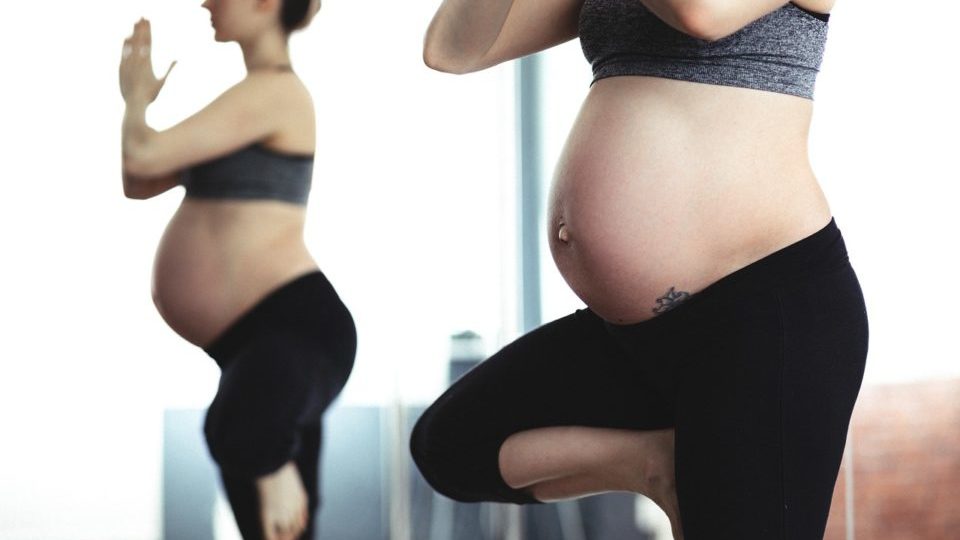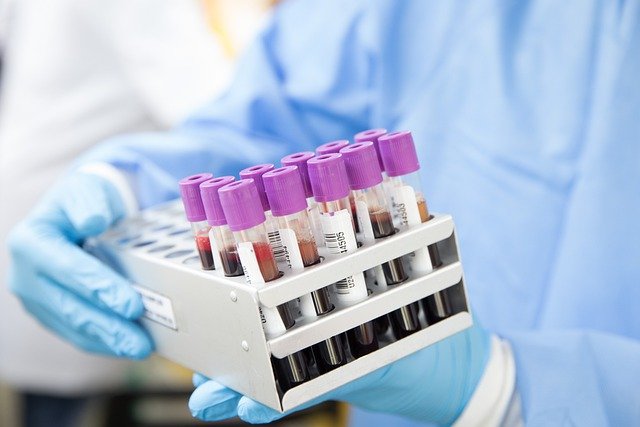
The role of the mother’s biochemistry in foetal development is well known. Good nutrition and avoiding toxins are advocated in all maternity care programs. There is less awareness however about the information relayed by mothers to their unborn babies about their perceptions of the world around them, including their attitudes about life. 15 years ago, Bruce Lipton pointed out how a mother’s emotions such as fear, anger, love and hope among others, can biochemically alter the genetic expression of her baby by releasing ‘signal’ molecules into the blood. These blood-borne emotion-related signals activate specific receptor proteins on the surfaces of cells in tissues and organs. Physiological responses to environmental signals affect regulation of the nervous system, endocrine glands and the cardiovascular, respiratory, digestive and excretory functions.

The mother’s blood borne emotional chemicals cross the placenta and effect the same target cells in the foetus as those in the parent. The growing baby cannot know what evoked the mother’s emotional response but receives the emotions’ physiologic counterparts. As parental responses to environmental stress are repeated, they promote a behavioural expression in the developing foetus. Specialised cell and tissue protein receptors serve as “filters” that register past signals and prepare babies to function in their parents’ environment in a kind of “pre-programming”.

Bruce Lipton importantly noted the now better-known fact that momentary expressions of anger, fear, extreme anxiety, or depression do not distort the physiology of the developing foetus. What puts both pregnant women and foetuses at risk is the presence of continuously held so called “negative emotions” or destructive attitudes.
20% of pregnant women are reckoned to be affected by mental illness in the form of General Anxiety Disorder or Depression. The clinical diagnosis and treatment of perinatal mental health conditions is of utmost importance to our social welfare. Yet reducing the chronic emotional stresses which chemically impact foetal development goes beyond effective health care. Body-focused prenatal education such as yoga can impart seeds of the self-confidence and self-esteem where it matters, in pregnant women’s nervous systems, changing habitual patterns of breath and physiological responses to stressful situations. Besides acknowledging that negative emotions are toxic to developing foetuses, we need a greater awareness that calm breath, relaxation, empathy and friendliness also trigger chemical signals that babies not only receive but pass back on to their mothers in the form of endorphins. Creating positive feedback loops also influences gene expression. Parental nurturing cannot be assumed as a given or diagnosed as defective. ‘Nurturing the mother so that she can nurture the baby’, as Marshall and Phyllis Klaus so aptly put it, is our collective responsibility in preventive care. Moreover, it is a beautiful and rewarding task which enriches everyone involved.

Yoga Therapy For Perinatal Mental Health
Francoise Freedman (Birthlight) & Shweta Panchal (Minded Institute), Livestream online (UK)

Françoise Freedman
Director, Birthlight
Dr Françoise Freedman is the Founder and Director of Birthlight. She is a pioneer, Senior Yoga Teacher, acclaimed writer and lecturer of Social Anthropology at the University of Cambridge.